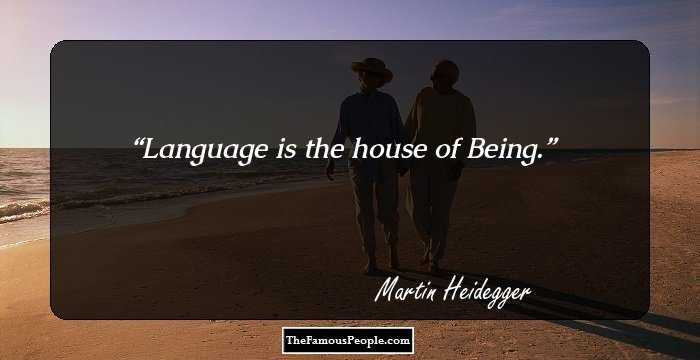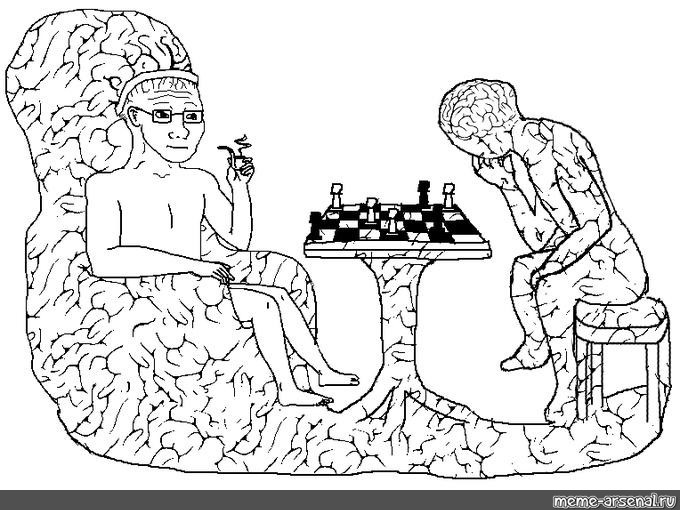Ren
Seeker at heart
- MBTI
- INFJ
- Enneagram
- 146
In fact I would argue most of philosophy is in favor of "divine" or raging against it.
Haha! There has been a lot of raging against the divine... I think you're right for some branches of philosophy, but not all. I don't think the philosophies of logic and knowledge fall under that umbrella. But it's undeniable that much philosophy since Plato, perhaps even the Presocratics, has been covertly competing with theology for metaphysical and moral explanations.






